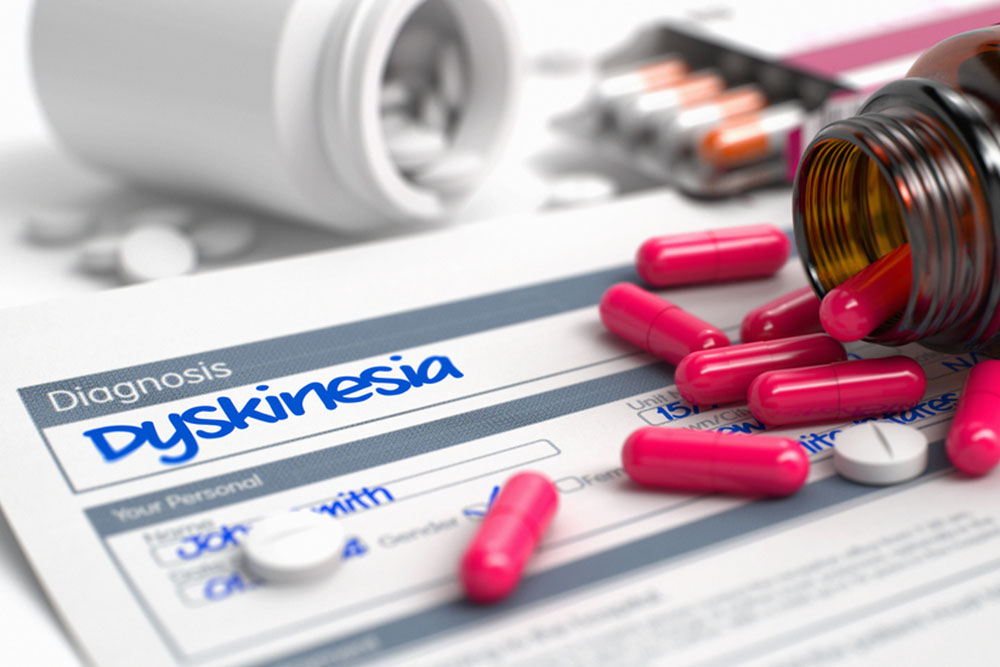Treatment options for dyskinesia
Treatment options for dyskinesia
Seeking treatment for dyskinesia may get complicated depending on the severity of the disease. Some people try going off the medication levodopa altogether as most doctors agree that this medication is the primary cause for the condition. However, if you are off levodopa, you face a new set of challenges. The tremors, stiffness, and rigidity start surfacing again — this may result in the doctor prescribing additional doses of levodopa.

Medication
Opt for a controlled release form of levodopa. This prevents you from experiencing peak levels of the medicine, giving you relief from dyskinesia. Another alternative is breaking down the daily dose of levodopa into smaller more frequent doses throughout the day so as to prolong the effects. Some people also use other drugs that slow down the breakdown of levodopa so that its effects are felt for a longer time. The dosage of dopamine agonists could also be significantly increased and the dosage of levodopa should be brought down to a minimum tolerable level.
A gel that contains levodopa and carbidopa is also applied on the upper part of the small intestine, and this stabilizes dopamine levels in the bloodstream and allows for smoother control over your motor functions. Amantadine, which is also called a glutamate antagonist, controls glutamate, which has an effect on dopamine levels. It can be administered orally or intravenously.
Motor diary
A motor diary can be very useful for you and your doctor to check how your medications are working. This could mean documenting when you take your dose of levodopa and other medications, when you consume your meals and when you start experiencing the effects of dyskinesia. It also involves writing when your symptoms are absent and when they start to appear. The meals you consume can also give you hints such as protein may affect your medication or interfere in its breakdown. You are required to write down in as much detail as possible so that your doctor can try various combinations and help your cause.
Diet
Some people find that the consumption of protein has a negative effect on the breakdown of levodopa. It prevents it from being adequately absorbed into the bloodstream. However, protein is vital for the growth and nourishment of the body so protein intake cannot be stopped. Taking the required dosage of your medication at least 30 minutes before your meal could allow the drug to get active first. Some people also decide to take all their protein at the end of the day during their meal before they sleep when the effects of the drug are wearing off. It is best to consult your doctor as there could be complications in doing so.


